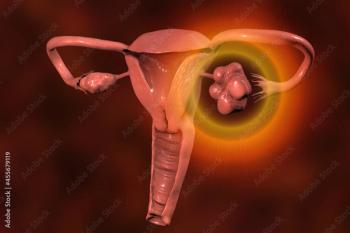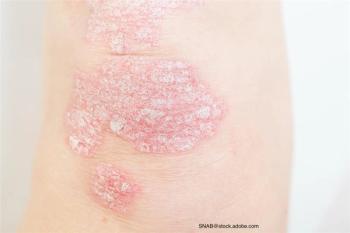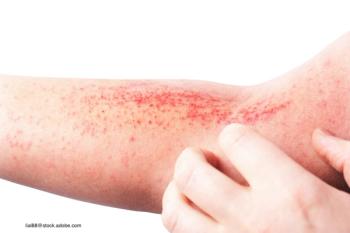
Women with PCOS were more likely to begin fertility treatment with ovulation induction compared to those without PCOS.

Women with PCOS were more likely to begin fertility treatment with ovulation induction compared to those without PCOS.

For patients with polycystic ovary syndrome, 75% of whom have irregular or no ovulation, following a ketogenic diet improved IVF outcomes and metabolic health.

However, the researches make clear that their findings should not be construed as an endorsement of irresponsible or liberal opioid use.

Prevalence of IBD doubled between 1995 and 2016 and exposure to antibiotics may be to blame.

CSL Behring's gene therapy, called EntranaDez, may be approved later this month. BioMarin, Pfizer, Bayer and Freeline Therapeutics also have gene therapies for hemophilia in development.

Findings from research presented at the American College of Chest Physicians suggest the importance of selecting the right biologic from the start.

Several drugs with novel mechanisms of action have been put on the pathway for speedier approval decisions by the FDA. Phase 2 and 3 trials are underway.

Early interventions might preserve lung function, particularly in younger patients with frequent asthma exacerbations, say authors.

Long-acting recombinant replacement factor gets favorable rating from multidisciplinary group. Gene therapy was viewed with some wariness.

Nonsteroidal topical agents and TYK2 inhibitors may join an already full armamentarium.

Lack of blood clotting may afford some protection against common cardiovascular disease events, such as ischemic stroke.

Secretions of fibroblast growth factor and granulocytic colony-stimulating growth factor in airway epithelium may be to blame.

The Patient-Centered Outcomes Research Institute (PCORI) has approved an award for the American Academy of Family Physicians (AAFP) of $31 million to fund a large comparative study of asthma treatments.

Six are currently on the market and more are in the pipeline.

Across the globe, new drugs — injections, topical and oral — are being developed to help patients with atopic dermatitis.

Real-world study conducted in Japan shows Dupixent (dupilumab) reduced the number of annual severe asthma exacerbations by 53%, there were also adverse events associated with high eosinophil levels in patients who had switched from a different biologic before starting Dupixent.

Xolair (omalizumab), Fasenra (benralizumab), Dupixent (dupilumab) and Nucala (mepolizumab) can now be self-administered.